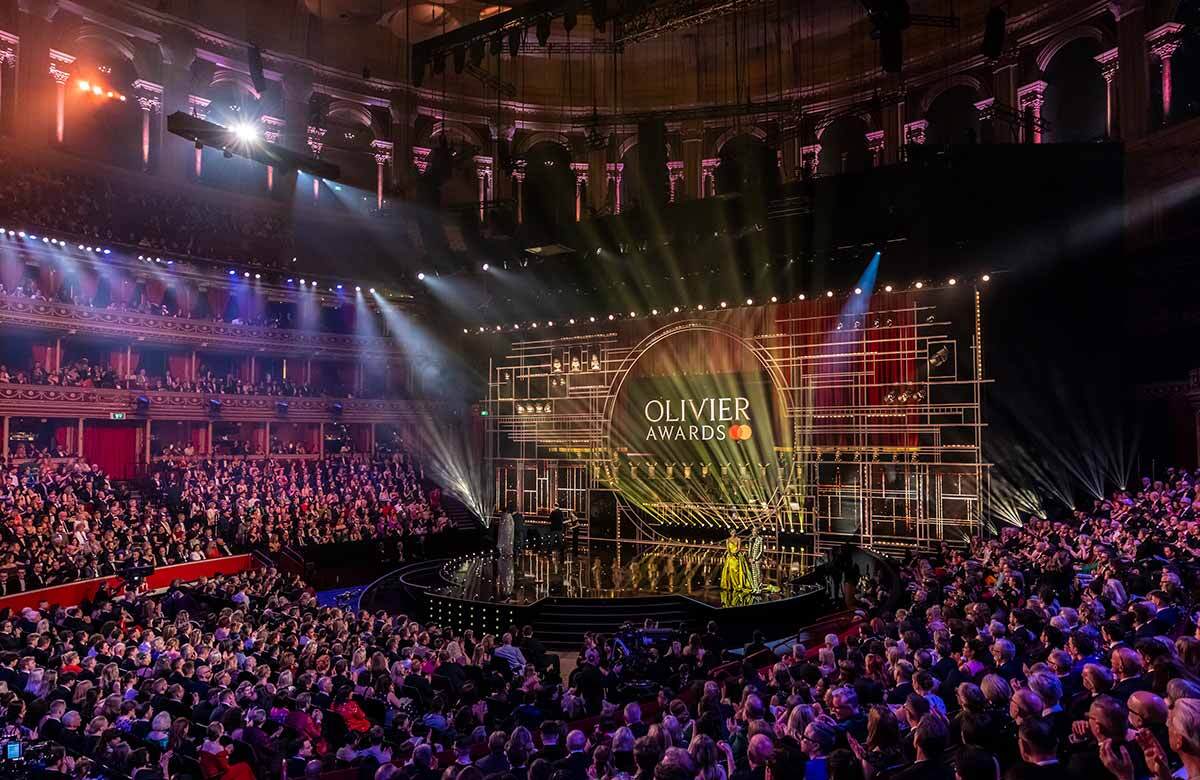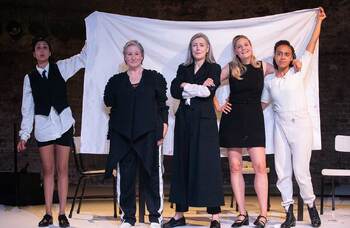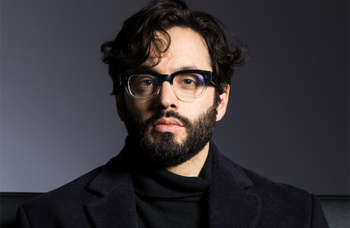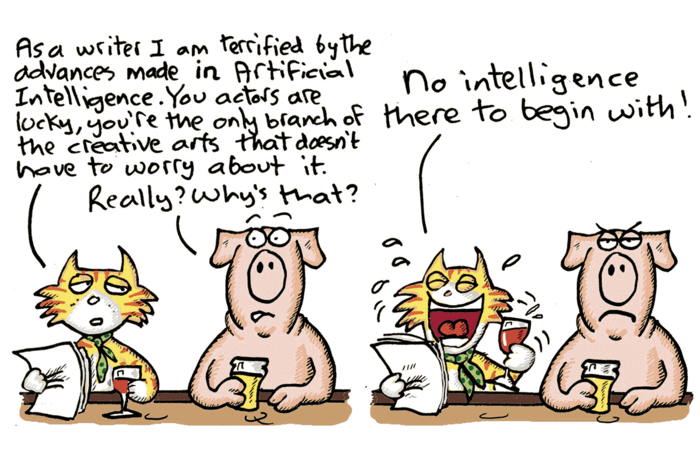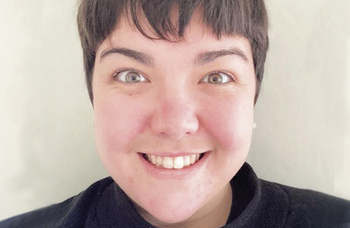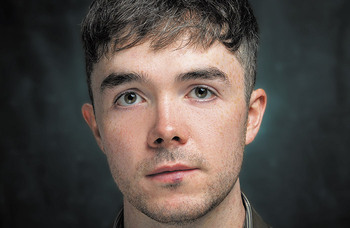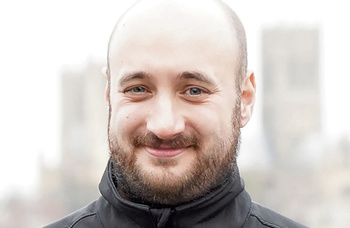Olivier Awards: Intellectual property was the unexpected theme of the 2025 event
In the absence of a runaway winner, the theme of this year’s Oliviers was not immediately obvious. But as the evening drew to a close at the Royal Albert Hall, and Cameron Mackintosh accepted a special honour marking 40 years of Les Misérables, a pattern emerged: intellectual property.
Until then, I hadn’t noticed how many of the evening’s winners exemplified the imaginative, creative – and crucially, fair – reuse of existing material. The winning productions spanned centuries, formats and genres, but they shared a common trait: they breathed new life into old stories.
Take Robert Icke’s Oedipus, which reimagined an ancient Greek tragedy for the modern stage. Or Giant, which sprang from the real-life fallout of a review by Roald Dahl. Or The Curious Case of Benjamin Button, which ditched the Brad Pitt film and returned to the spirit of F Scott Fitzgerald’s original novella – this time transposed to a Cornish fishing village. There was also Festen, a stage opera adapted from the 1998 Danish film of the same name.
Other winners followed suit: The Years, a deft adaptation of Annie Ernaux’s novel; Titanique, a cheeky parody of James Cameron’s blockbuster; even Fiddler on the Roof, based on the stories of Sholem Aleichem.
In fact, scanning the theatre categories, only two winners stood out as original works: Sam Grabiner’s Boys on the Verge of Tears and Starlight Express, which won for best costume design. The latter production was itself, of course, a revival.
Human creators, operating within copyright laws that respect a 70-year term after an author’s death, are increasingly being threatened by AI firms pushing for exemptions that would allow them to mine copyrighted content freely
It was fitting, then, that Les Misérables, arguably the ne plus ultra of literary adaptation – should close the night. Mackintosh’s production took Victor Hugo’s novel and turned it into the most successful musical in West End history, outpacing the fame of the original work and inspiring countless productions worldwide, not to mention a film adaptation of its own.
Continues...
This prevalence of adapted work should not be seen as a diminishment of artistic merit. Depending on whom you ask, there are only six, seven or eight (or maybe 36) core plots in existence. Storytelling has always been about reshaping existing narratives for new audiences. It’s what Shakespeare did, arguably better than anyone.
But this year’s Oliviers also carried a warning. Winners expressed fears that AI could soon damagingly intrude on this process. Human creators, operating within copyright laws that respect a 70-year term after an author’s death, are increasingly being threatened by AI firms pushing for exemptions that would allow them to mine copyrighted content freely.
This should concern us all. What makes all these adaptations sing is the unmistakable stamp of human imagination.
And, as Mackintosh cautioned in his acceptance speech, the government’s current proposals could lead to a future where “AI will be presenting awards to itself without any need of us".
Opinion
Recommended for you
Advice
Recommended for you
Most Read
Across The Stage this weekYour subscription helps ensure our journalism can continue
Invest in The Stage today with a subscription starting at just £7.99
 Alistair Smith
Alistair Smith